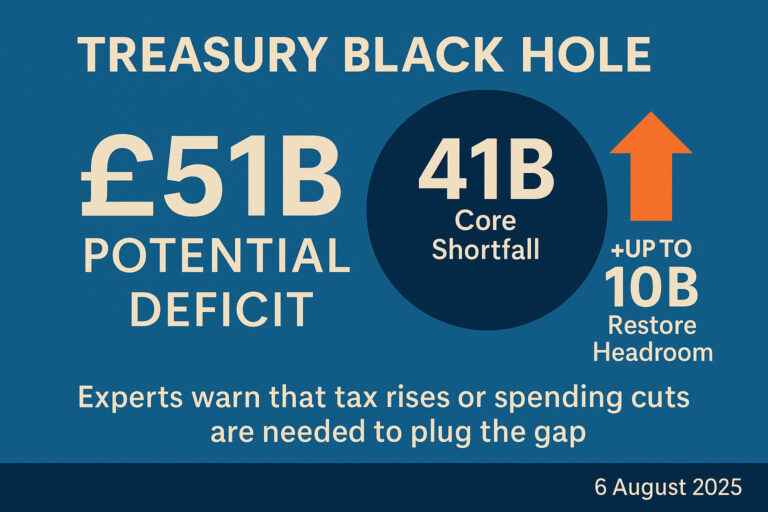UK Inflation Rises to 3.6% – Pressures Mount on BoE
By Fidelis News | 16 July 2025 | UK News – Economic Update
UK inflation rose to 3.6% in June, reaching its highest level since January 2024 and surprising both analysts and the markets. Driven by increasing costs in food, transport, and services, the latest inflation figures are prompting renewed scrutiny of the Bank of England’s monetary policy and the Labour government’s economic strategy.
The Office for National Statistics (ONS) reported the rise in its monthly Consumer Price Index (CPI) bulletin, confirming that inflation is no longer easing at the pace seen earlier this year. Core inflation, which excludes volatile food and energy prices, rose to 3.7%, sparking concerns about the persistence of underlying price pressures.
🔍 What’s Behind the Rise?
A breakdown of the data highlights the following:
Food prices increased by 4.5% year-on-year, with particular spikes in bakery goods, dairy, and fresh produce.
Transport costs saw a notable uptick. While petrol prices fell slightly, they did so by less than during the same period last year, making the annual comparison steeper. Airfare and rail tickets surged significantly.
Services inflation—a key indicator watched by the Bank of England—rose to 4.7%, largely due to wage-driven price hikes in hospitality and personal care sectors.
This combination suggests that the inflationary environment is becoming increasingly structural rather than transient.
📉 Market Reaction & Rate Expectations
The market’s initial reaction was muted, with many traders still expecting the Bank of England to proceed with a rate cut in August. However, today’s figures cast doubt on that assumption.
Gilt yields rose, reflecting investors’ concern that rates may need to stay higher for longer.
The pound strengthened slightly against the dollar and euro.
Analysts from Deutsche Bank and Barclays suggest that inflation could remain above 3.5% for several months, putting pressure on policymakers.
🏦 Bank of England’s Balancing Act
Catherine Mann, a member of the Bank’s Monetary Policy Committee (MPC), warned this week that inflation is proving sticky. Speaking at a financial forum in London, she said:
“Inflation is a tax on everyone, and while progress has been made, we are not yet in the clear.”
With the Bank’s next decision due in early August, it faces a delicate balance: act too soon and risk reigniting inflation; wait too long and stifle economic recovery.
💬 Government Response
Chancellor Rachel Reeves, under pressure to demonstrate Labour’s economic credibility, responded swiftly to the data:
“We inherited a fragile economy. While inflation remains a challenge, our government is focused on stable, long-term growth. We are easing cost-of-living pressures through policies like breakfast clubs, rent caps, and National Insurance reforms.”
Critics, however, argue that Labour must do more to reduce inflation through supply-side reform and investment in productivity.
📊 Broader Economic Context
GDP shrank 0.1% in May, indicating potential stagnation in the economy.
Unemployment remains low at 3.9%, but job vacancies are declining.
Real wages, adjusted for inflation, are beginning to rise modestly.
Economists warn that the combination of weak growth and stubborn inflation could lead to a period of stagflation, which would complicate both fiscal and monetary responses.
🔮 Outlook
Indicator Current Trend
Headline Inflation 3.6% Rising
Core Inflation 3.7% Sticky
Services Inflation 4.7% Rising
BoE Base Rate 5.25% Possibly falling in August
Next key date: The Bank of England’s MPC meeting on 7 August 2025.


